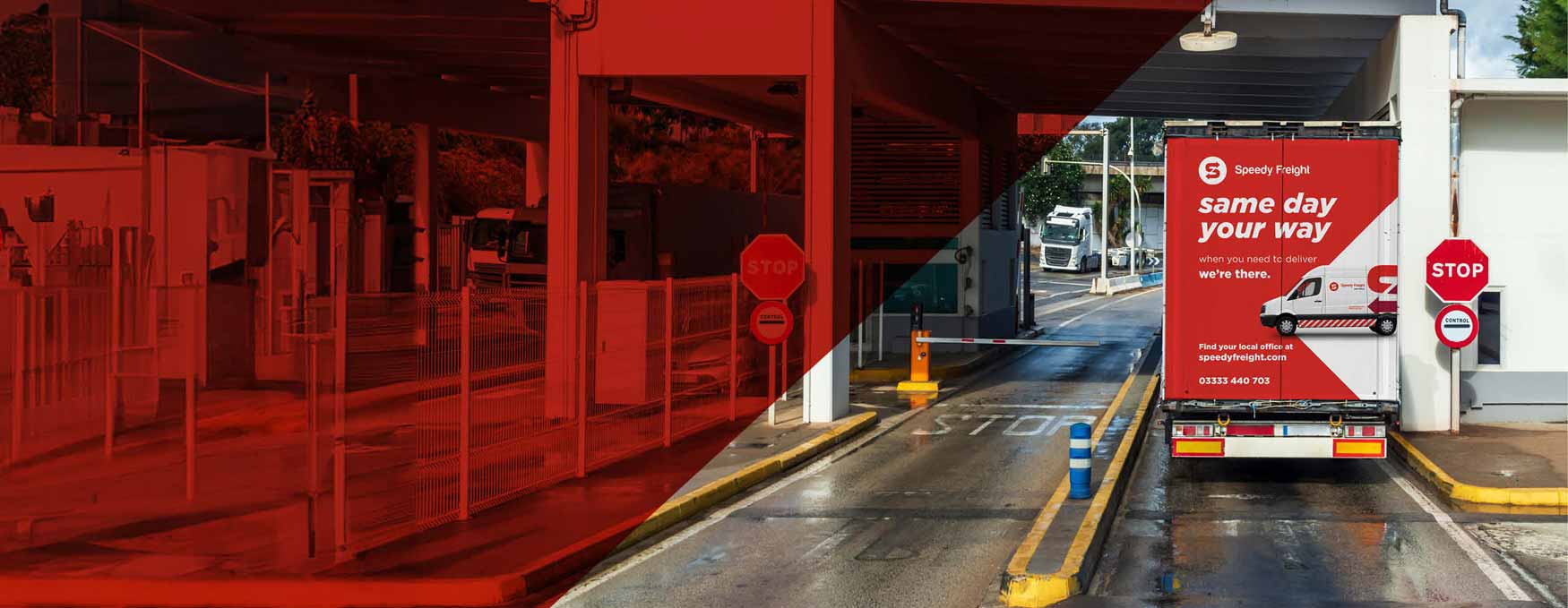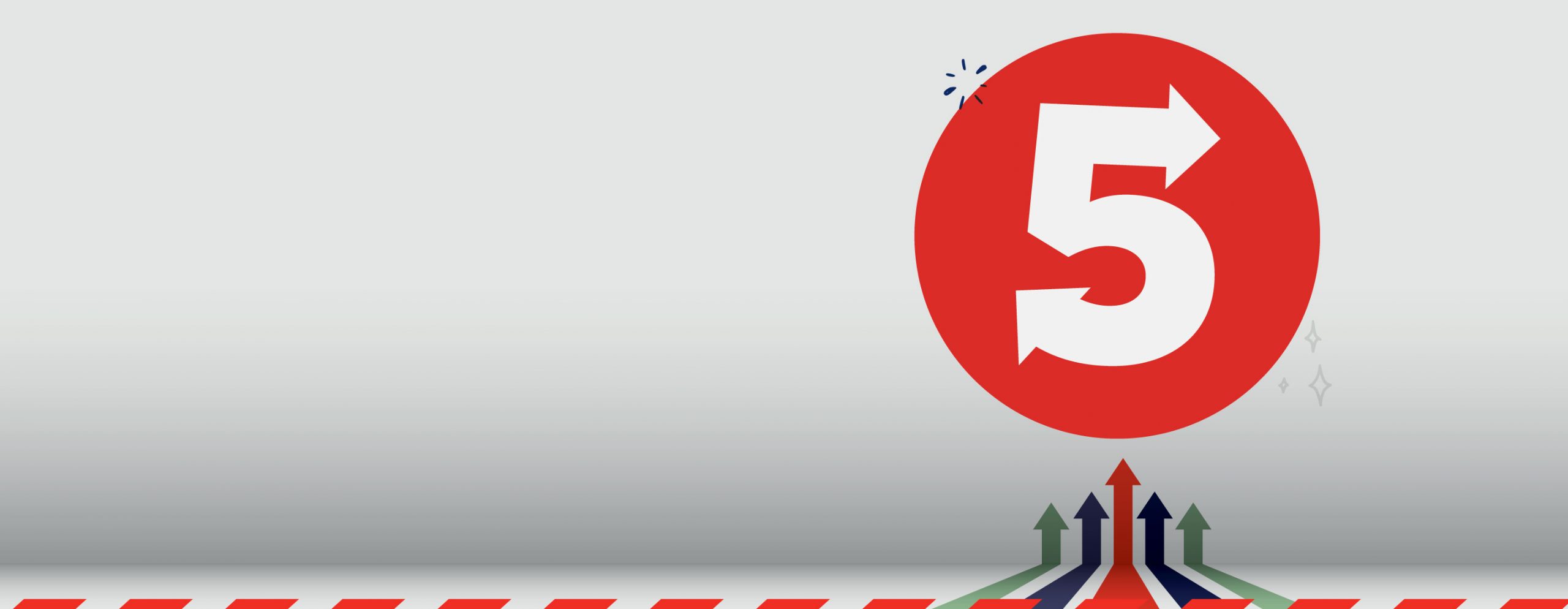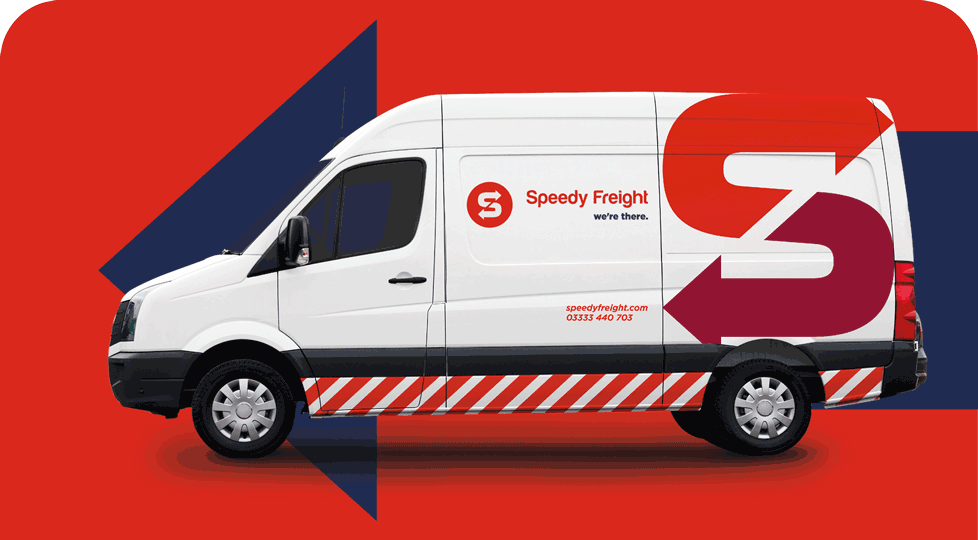What is the Border Target Operating Model (BTOM)?
With the United Kingdom's departure from the European Union in 2021, the Border Operating Model (BOM) was introduced to provide guidance to traders, forwarders, and transport companies on the implications of the new rules for goods entering and leaving the UK. However, due to the unprecedented challenges posed by the COVID-19 pandemic and the war in Ukraine, trade faced additional disruptions, leading to a temporary suspension of the initially outlined stages.
In response to the evolving circumstances, the UK Government officially unveiled the Border Target Operating Model (BTOM) in August 2023. This comprehensive framework included revised stages, complemented by the New Windsor Framework and NCTS 5 information, with the overarching goal of facilitating smooth import and export processes between the UK and the European Union.
When Does the Border Target Operating Model (BTOM) Come into Effect?
The United Kingdom’s final plans for the Border Target Operating Model (BTOM), outlining the additional customs rules and checks when exporting goods to the UK, were released in August 2023. The system will be introduced in multiple stages progressively from the end of January 2024, with the first phase launching 31 January 2024.
In this first phase, health certification will be required for medium risk animal products, plants, plant products and high-risk food and feed of nonanimal origin from the EU for certain imports from the EU, while pre-notification requirements for low-risk plant products will be eliminated.
Other key dates, as outlined in the UK Government’s official documentation, are as follows:
- 30 April 2024: Documentary and risk-based checks will be introduced for specific products from the EU. Inspections for high-risk plants/products will move to Border Control Posts, and simplifications for imports from non-EU countries will commence, including the removal of health certification and routine checks for low-risk animal and plant products.
- 31 October 2024: Safety and Security declarations for imports into Great Britain from the EU will be mandatory. A reduced dataset for imports and the use of the UK Single Trade Window will be implemented to reduce duplication in pre-arrival datasets.
How Will the Border Target Operating Model (BTOM) Affect Traders?
While the initial fervor surrounding Brexit may have subsided, it is crucial for traders to recognise that new regulations persist. The BTOM introduces several changes that demand attention and compliance from businesses involved in cross-border trade.
Traders must be vigilant about adhering to the new regulations outlined in the BTOM. Failure to comply may result in goods being held at border points, leading to potential stock spoilage and significant delays in the transportation process.
How Will the Border Target Operating Model (BTOM) Affect My Imports?
- 999L Waiver: The removal of the 999L waiver means forwarders must now input specific codes associated with the goods being cleared, such as tariff codes or quota references. Customers are now required to provide accurate commodity codes to ensure customs entries are completed correctly. Find a list of national and EU waiver codes that will replace document code 999L for imports here.
- New Requirements: Importers of Products of Animal Origin (POAO) and Sanitary and Phytosanitary (SPS) goods must be aware of the new requirements. Import entries now demand Essential Health Certificates (EHCs), SPS certificates, and pre-notification to the Border Force. Traders should engage with relevant government departments to assess the risk level associated with their goods.
- Customs Declaration Service (CDS): With the deadline for the transition to the Customs Declaration Service (CDS) set for March 2024, businesses intending to trade with the EU must register for CDS before 30 March 2024.
Businesses involved in the movement of goods should carefully review and prepare for the upcoming changes outlined in the UK Government’s official Border Target Operating Model (BTOM)’s documentation.
How Can Speedy Freight Help with UK Imports and Exports?
Speedy Freight has been proactive in adapting to the changing landscape of international trade since the UK's exit from the EU. Our dedicated clearance team collaborates with affiliate EU agents to streamline the process of moving goods to and from the continent.
We provide guidance to our customers on best practices, document retrieval, and the potential impact of new regulations on trade. To ensure a seamless experience in the post-Brexit era, businesses can reach out to us for valuable insights and support. Our international logistics team offer complete import and export services.
Get in Touch with Speedy Freight for EU Import and Export Guidance & Services
As the Border Target Operating Model takes center stage in post-Brexit trade, businesses must remain vigilant and adapt to the evolving regulatory landscape.
By understanding the implications of the BTOM and seeking support from experienced partners like Speedy Freight, traders can navigate the complexities of international trade with confidence and efficiency.
Get in touch with our international team by booking a free no-obligation consultation with us to go over your international trade needs, including imports, exports, customs clearance, and more.
 EN
EN
























